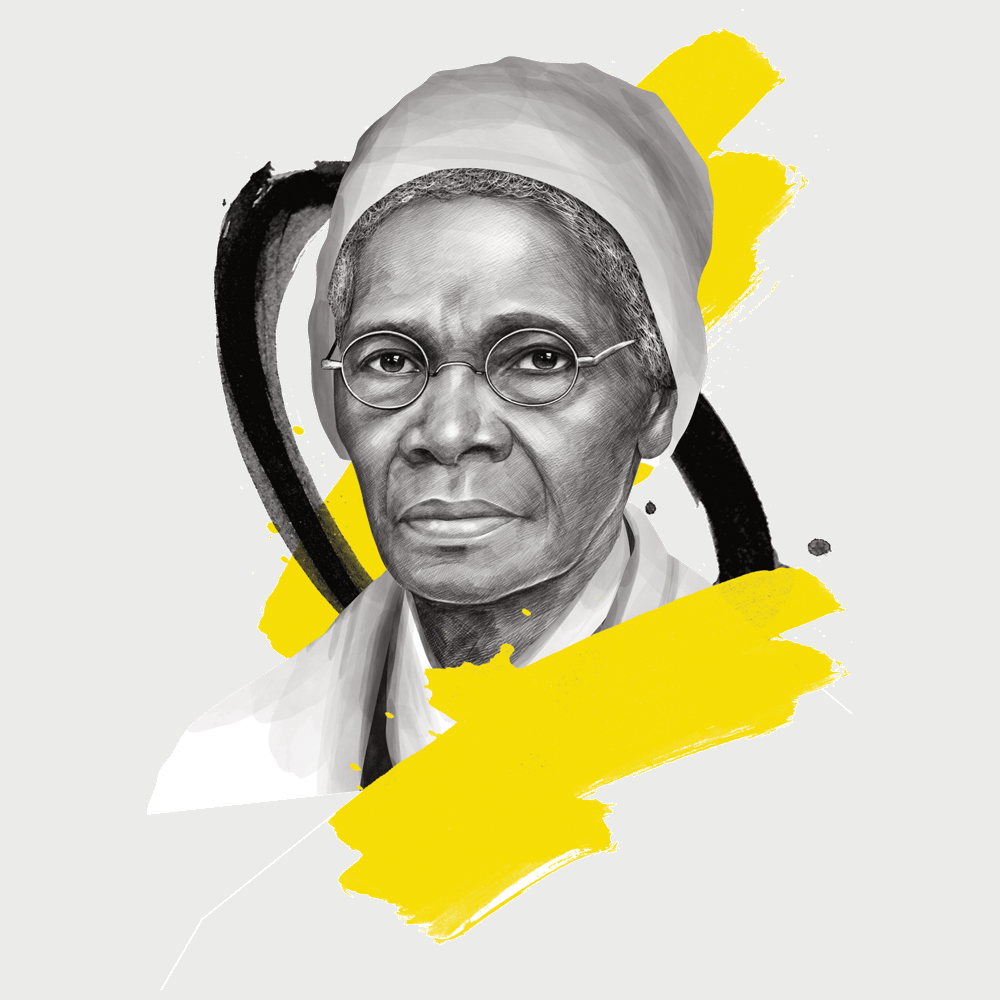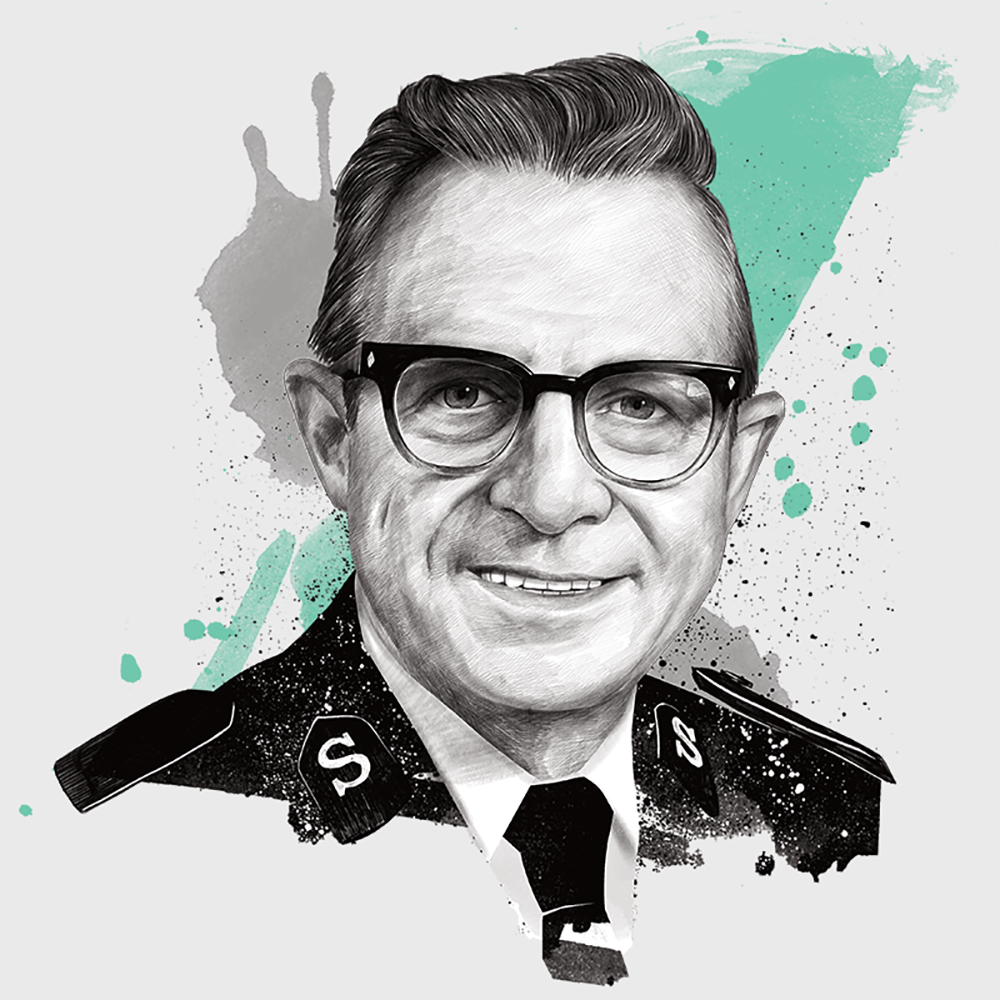Bandmaster George Marshall
Known for his spirited marches, George Marshall was nicknamed the “March King.”
George Marshall was one of the earliest celebrated composers of Salvation Army music. Known for his spirited marches, he was nicknamed the “March King.” Many of his marches are regularly performed today. He published more than 100 compositions. In 1950, General Albert Orsborn conferred on him the Order of the Founder, the Army’s highest honor for distinguished service. The citation reads: “George Marshall, though seriously handicapped for over 32 years by a major accident, has refused to be defeated or discouraged, and has succeeded heroically in surmounting every obstacle to his continuing active service as a Salvationist, soul-winner and master musician.”
George’s parents raised their family of three boys and six girls in a small house in South Shields, England. His father, a miner by trade and a talented musician, played the organ in the local Methodist church and led his family choir and orchestra. At the age of seven, George was given a tattered violin, which he repaired and mastered. He was the featured soloist at a Salvation Army meeting with General William Booth. George’s mother was a soldier of the South Shields Corps. She insisted that George and her other eight children faithfully attend all the young people’s meetings.
Years later, in 1918, and only four months after his marriage to Jenny Berry, George suffered a horrific mining accident. As George left home on that morning, Jenny kissed him as usual and said something she had never said before: “Don’t let the stones fall on you!” Later that afternoon, the roof of the mine, where George was working three miles under the North Sea, collapsed. George was pinned under a large stone roof panel. He was transported to the surface with little chance of survival.
With his spine broken in two places, both of George’s legs were amputated. Years later he reflected on his suffering. The result of focusing on Jesus’ agonies gave him strength and a vision to triumph over tragedy. Singing the words of Charles Wesley, he would boldly affirm: “Faith, mighty faith, the promise sees and looks to that alone. Laughs at impossibilities, and cries: It shall be done!”
Confined to a wheelchair for the rest of his life, Marshall continued to compose exceptional choral and instrumental pieces.
So What?
In what ways have your experiences of personal challenge and suffering deepened your relationship with God, and how have these difficult times influenced your God-given gifts?
Illustration by Paul Ryding



